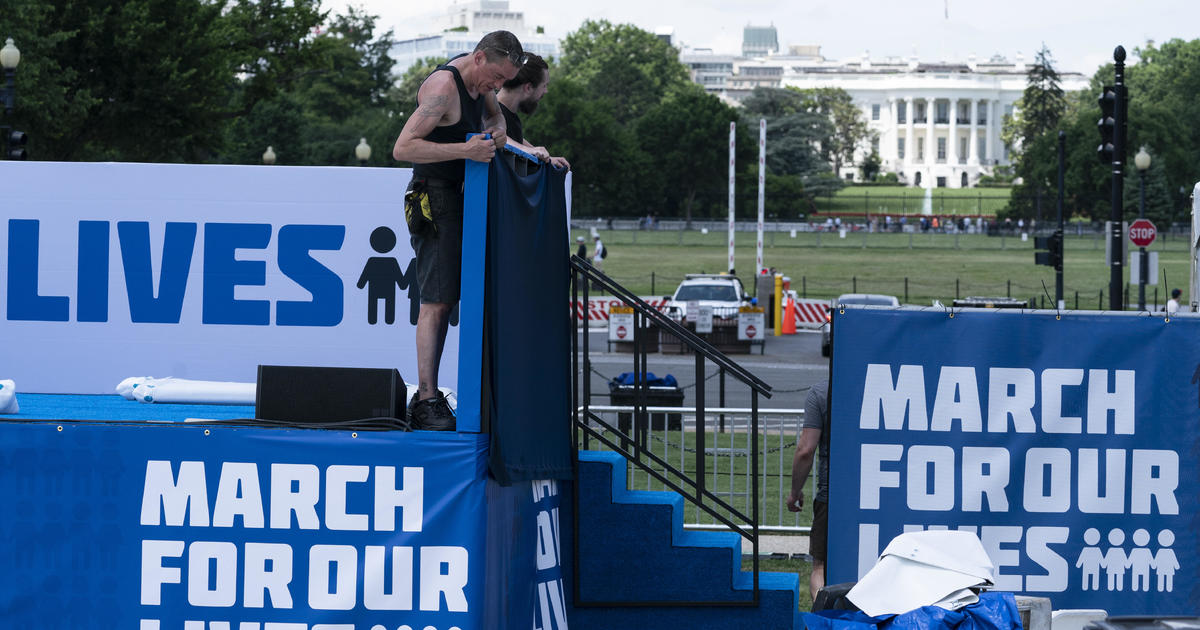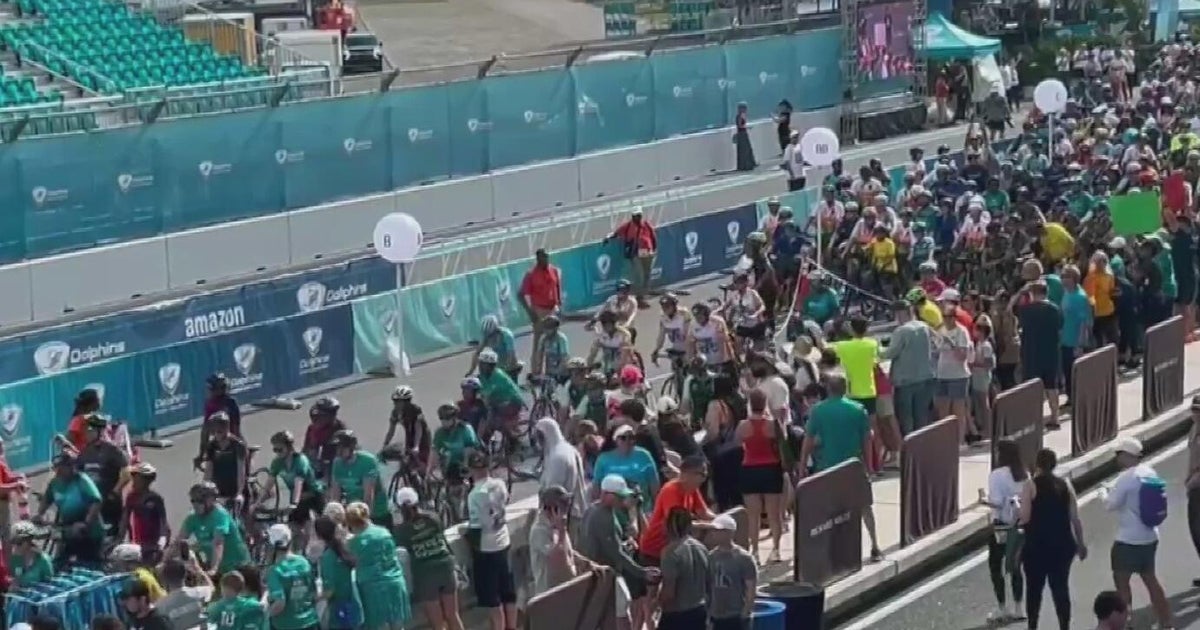MIAMI – Angered by the unrelenting toll from gun violence, tens of thousands of people are expected at rallies this weekend in the nation’s capital and around the United States demanding that Congress pass meaningful changes to gun laws.
The second March For Our Lives rally will take place Saturday in front of the Washington Monument, a successor to the 2018 march organized by student protestors after the mass shooting at a high school in Parkland.
Now with recent shootings from Uvalde, Texas, to Buffalo, New York, bringing gun control back into the national conversation, organizers of this weekend’s events say the time is right to renew their push for a national overhaul.
“Right now we are angry,” said Mariah Cooley, a March For Our Lives board member and a senior at Washington’s Howard University. “This will be a demonstration to show that us as Americans, we’re not stopping anytime soon until Congress does their jobs. And if not, we’ll be voting them out.”
About 50,000 participants are predicted to turn out in the District of Columbia, with rain in the forecast. That’s far less than the original march, which filled downtown Washington with more than 200,000 people. This time, organizers are focusing on holding smaller marches at an estimated 300 locations.
“We want to make sure that this work is happening across the country,” said Daud Mumin, co-chairman of the march’s board of directors and a recent graduate of Westminster College in Salt Lake City. “This work is not just about D.C., it’s not just about senators.”
The protest comes at a time of renewed political activity on guns and a crucial moment for possible action in Congress.
Survivors of mass shootings and other incidents of gun violence have lobbied legislators and testified on Capitol Hill this week. Among them was Miah Cerrillo, an 11-year-old girl who survived the shooting at Robb Elementary School in Uvalde, Texas. She told lawmakers how she covered herself with a dead classmate’s blood to avoid being shot.
The March for Our Lives movement was born out of the massacre when 14 students and three staff members were gunned down on Feb. 14, 2018 at Marjory Stoneman Douglas High Schoo.
Surviving students organized bus trips to the state capital to lobby in person, and they succeeded in pressuring the Republican-dominated state government to buck the National Rifle Association’s influence and pass substantial measures targeting gun violence.


